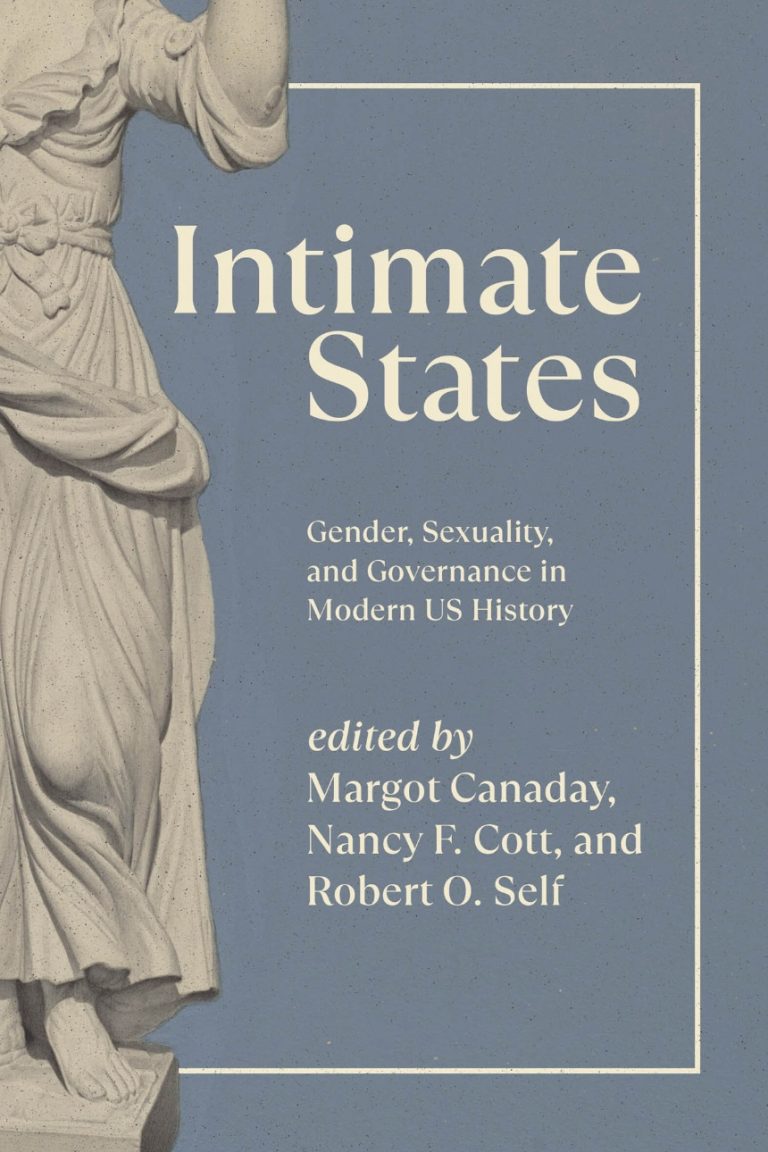Featured in Intimate States: Gender, Sexuality, and Governance in Modern U.S. History (University of Chicago Press)
Agyepong’s chapter, “Race, the Construction of Dangerous Sexualities and Juvenile Justice,” in Intimate States: Gender, Sexuality, and Governance in Modern US History analyzes the birth of the juvenile justice system, marked by the emergence of the nation’s very first juvenile court in Chicago in 1899. Amid an influx of new African American arrivals to the city during the Great Migration, notions of inherent childhood innocence and juvenile justice were circumscribed by race. She analyzes how societal constructions of race, gender and sexuality shaped Black children’s access to notions of innocence and juvenile justice. By the 1930s, these intersecting constructions alongside demographic change created fertile grounds for successful legal challenges to the juvenile court’s jurisdiction over delinquent children. This ultimately facilitated states’ transition to more punitive treatment of youthful offenders.

